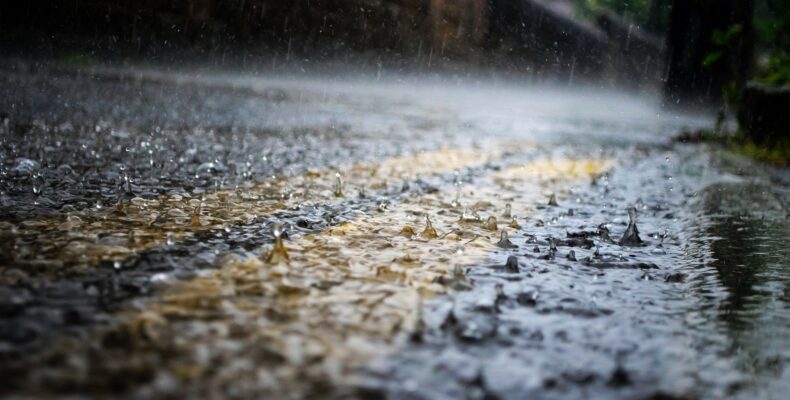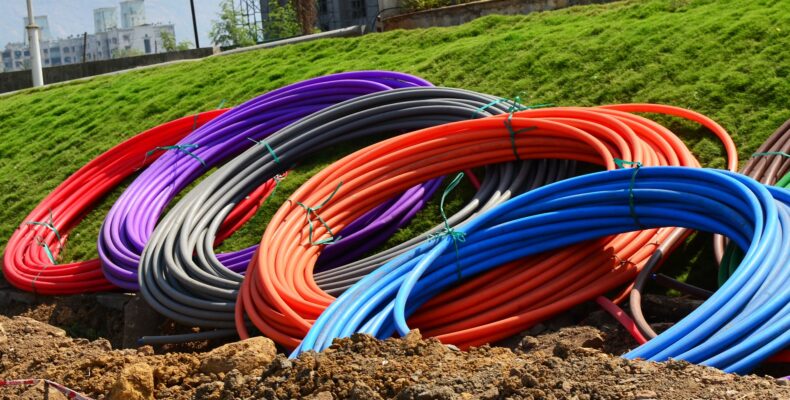by Robert Teng Every project requires site specific recommendations based on its native soils and material used on site. Evidence comes from the exploration of these soils obtained through borings, test pits, probes, hand augers, and samples grabbed off stockpiles. Multiple samples from a variety of areas around the site…
RGI’s Three Most Common Laboratory Tests





